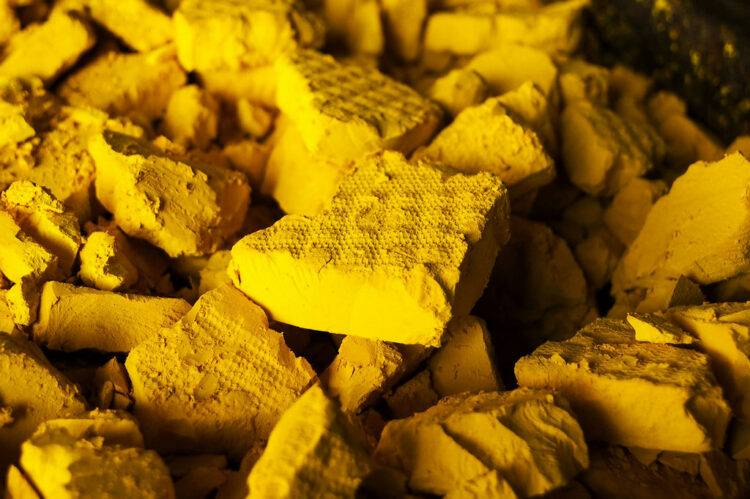Poland is on the brink of a major development in the energy sector as Świętokrzyska Grupa Przemysłowa Industria (ŚGP Industria) recently confirmed the discovery of significant uranium deposits. These resources, estimated at around 100,000 tons, are valued at approximately $18 billion, based on current market prices. The discovery could prove pivotal in the country’s ambitions to expand its nuclear energy capabilities, particularly as it explores collaboration with international partners such as Rolls-Royce.
ŚGP Industria is set to continue its research to determine the exact size and quality of the deposit, as well as identify the most efficient methods for its extraction. While the precise location of the deposit remains confidential, the company has already secured a license from Poland’s Ministry of Climate and Environment to proceed with further exploration.
Boost for Nuclear Energy
The confirmed presence of around 100,000 tons of uranium could significantly bolster Poland’s nuclear energy sector. To date, 7,000 tons have been verified, but the remaining potential could have far-reaching implications for the country’s energy independence. This comes at a time when Poland is making a concerted push towards nuclear power as part of its broader energy strategy.
The involvement of Rolls-Royce in discussions around the implementation of small modular reactors (SMRs) in Poland signals the government’s serious intent. SMRs are gaining global attention for their potential to provide safer, more flexible nuclear energy solutions, and Poland sees them as a key part of its energy transition away from coal. These reactors, paired with a local supply of uranium, could substantially reduce Poland’s reliance on foreign energy sources.
Market Value and Global Impact
The value of uranium has surged in recent years, with the price per kilogram currently standing at $182.43. At this rate, the potential value of the newly confirmed deposits in Poland stands at over $18 billion. This significant sum highlights the strategic importance of the discovery not only for Poland but also in the context of European energy security.
According to the International Atomic Energy Agency (IAEA), global demand for uranium is expected to rise as more countries adopt nuclear energy to meet their climate goals. With this discovery, Poland could position itself as a key supplier of uranium within the European Union, further integrating the country into international energy markets.
Background and Future Prospects
Poland’s interest in nuclear energy has been steadily growing over the past few years. The country has long been dependent on coal for electricity generation, but increasing environmental concerns and EU regulations have pressured the government to diversify its energy sources. In recent years, Poland has initiated various projects to explore nuclear energy, signing agreements with global companies to develop SMR technology.
The discovery of this uranium deposit could accelerate Poland’s nuclear energy plans, offering the potential for domestic fuel production to power the reactors. It also comes at a critical time when Europe is seeking alternatives to Russian energy supplies following geopolitical tensions. Although the full details of the deposit are yet to be confirmed, its discovery adds a new dimension to Poland’s energy future.
This breakthrough, coupled with ongoing international collaborations, sets the stage for Poland to emerge as a major player in the European nuclear energy landscape.


















